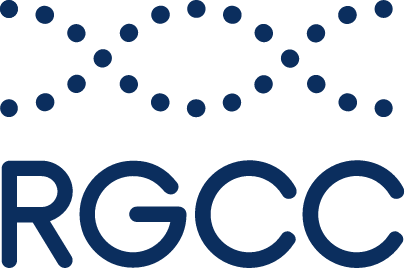Frequently asked questions
Filter frequently asked questions by topic or search the database for specific keywords
How are the Onconomics Plus and ChemoSNiP tests different?
How are the Onconomics Plus and ChemoSNiP tests different?
The Onconomics Plus test provides information about the sensitivity or resistance of specific anti-cancer drugs, targeted therapies and natural treatments on the cancer cells in an individual patient. The ChemoSNiP test can be used to predict whether a patient will respond to drugs and metabolise them properly.
In which countries are RGCC tests approved for use?
In which countries are RGCC tests approved for use?
Analysis assays cannot be approved. The only test that is approved by the US Food and Drug Administration and the European Medicines Agency is the Cellsearch test. The way we analyse circulating tumour cells is certified for accuracy.
Are your testing methods accredited internationally?
Are your testing methods accredited internationally?
Our methods are accredited by the International Organisation for Standardisation (ISO). Details of our certification can be found on our website.
What’s the scientific evidence for the tests RGCC provide?
What’s the scientific evidence for the tests RGCC provide?
You can find the data we have published and presented at medical conferences here.
I only have a blood sample. Is it still possible to order a test that requires both blood and tissue samples?
I only have a blood sample. Is it still possible to order a test that requires both blood and tissue samples?
This depends on the cancer. With the exception of the Oncotrace test, every RGCC test can be conducted with just a blood sample. Certain cancers – for example, glioblastoma and other types of brain cancer – require both a blood and a tissue sample for tests.
How many types of cancer are tested when RGCC says “all types of cancer”?
How many types of cancer are tested when RGCC says “all types of cancer”?
These tests are for all solid and blood tumour malignancies, with the exception of primary tumours of the central nervous system.
Is it possible to test for circulating tumour cells in a tissue sample?
Is it possible to test for circulating tumour cells in a tissue sample?
We calculate the number of circulating tumour cells from the total amount of blood cells, expressed as the volume of circulating tumour cells per millilitre of blood. This cannot be calculated from a tissue sample. To conduct a circulating tumour cell test, a blood sample must be provided.
Why is the circulating tumour cell count not indicated in tissue samples?
Why is the circulating tumour cell count not indicated in tissue samples?
The tissue sample taken from the tumour during a biopsy is part of the tumour contain cancerous cells, so there is no need to search for CTC populations.
Can a circulating tumour cell test be carried out during chemotherapy?
Can a circulating tumour cell test be carried out during chemotherapy?
Yes, but a patient must wait seven days after chemotherapy treatment before taking the test.
Which test is appropriate for gene expression?
Which test is appropriate for gene expression?
The Onconomics and Onconomics Plus tests look for the expression of genes that are linked with the effect of specific drugs on the cancer cells in a single patient.
What do immunophenotype tests show?
What do immunophenotype tests show?
The comparative genetic hybridisation (CGH) test provides information about genetic abnormalities present in tumour cells that can be associated with tumours. This test is relatively new and we do not yet provide it at RGCC.
Which test focuses on the efficacy of therapeutic agents against a patient’s cancer?
Which test focuses on the efficacy of therapeutic agents against a patient’s cancer?
The ChemoSNiP test can be used to predict whether a patient will have a good or bad response to a drug, or no response at all.

